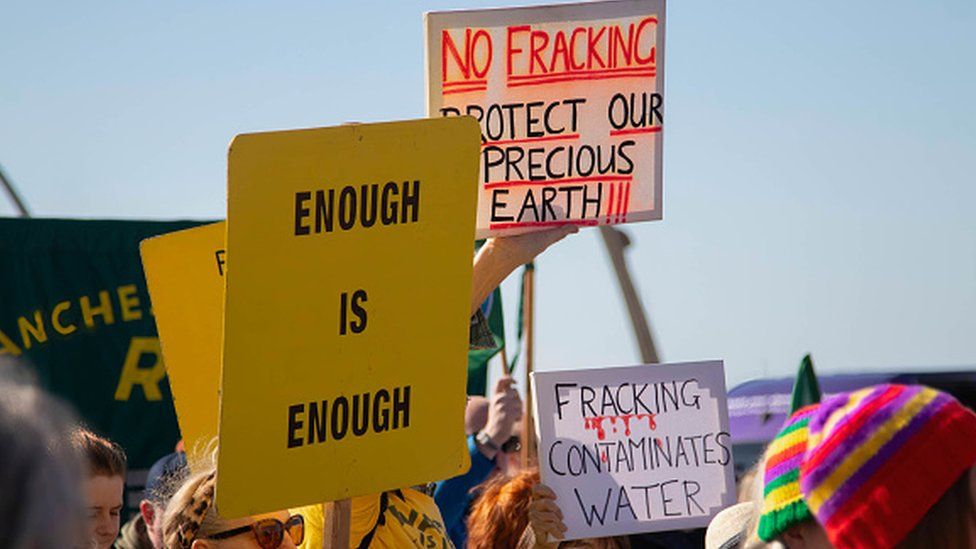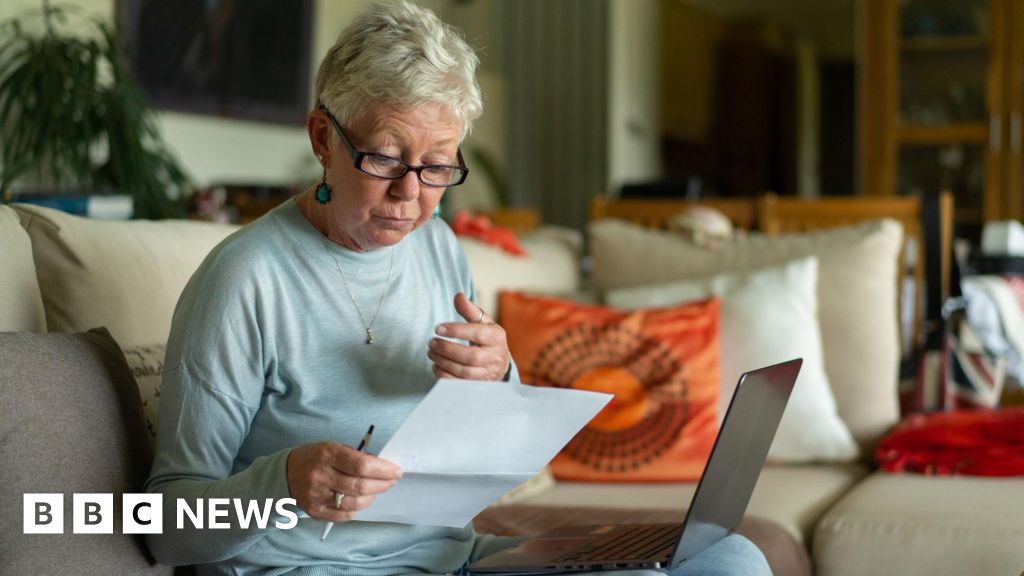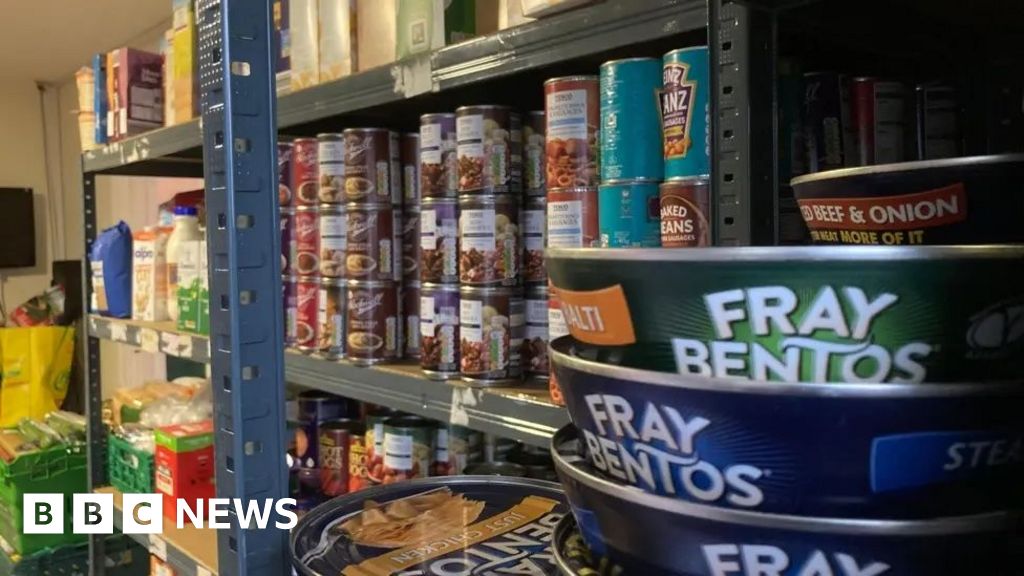ARTICLE AD BOX
By Ione Wells
Political correspondent
 Image source, Getty Images
Image source, Getty Images
The government plans to officially lift a ban on fracking for shale gas by reviewing the level of seismic activity - earthquakes - allowed at sites.
Business Secretary Jacob Rees-Mogg told BBC the current level was "too low" and would prevent fracking from being commercially viable.
But he said it was too early to confirm what the new level would be.
The UK government said it would lift the ban as part of its plans to limit rising energy costs.
A review of fracking by the British Geological Survey (BGS) and ordered by Chancellor Kwasi Kwarteng when he was business secretary will be published on Thursday.
The controversial practice was halted in 2019, amid opposition from environmentalists and local concerns over earth tremors.
But Prime Minister Liz Truss has backed fracking as a way to help boost the UK's domestic gas supplies during a time of skyrocketing energy prices.
Labour accused the Conservatives of running an energy policy "for big fossil fuel interests not for the British people".
"Fracking is a dangerous fantasy - it would do nothing to cut energy bills, it costs far more than renewables, it is unsafe and it is deeply unpopular with the public," Labour's shadow climate change secretary Ed Miliband said.
Fracking involves drilling into the earth and directing a high-pressure mixture of water, sand and chemicals at a rock layer in order to release the gas inside.
Mr Rees-Mogg spoke on Wednesday after BBC Newsnight reported concerns from the industry that shale gas extraction would be unlikely to restart in the UK under the current regulations.
The prime minister has said she wanted to reintroduce fracking where it was supported by local communities.
But ministers have not said specifically how the government would measure or obtain this support.
It's understood ministers have considered introducing financial incentives for local communities that could be the site of new fracking wells or exploration.
A government source told the BBC there was "no doubt it is a tight rope to walk" and they were aware there was work to do to get local communities and some MPs on board with fracking.
Fracking review
In April, the then-business secretary, Mr Kwarteng, asked the BGS to look at whether there were new fracking techniques that could reduce the risk and magnitude of seismic events - earthquakes.
He also asked how such fracking-linked events compare to those caused by other forms of underground energy production, such as geothermal energy or coal mining.
In a letter, he asked the BGS to look at whether what are considered the "safe thresholds" for fracking remain "the correct ones".
In the past, the government applied a "seismic threshold" for what they considered acceptable. It was breached so the government introduced a ban.
In 2019, the company Cuadrilla Resources caused a magnitude-2.9 earthquake at its Preston New Road site in Lancashire. Existing rules require fracking to be halted if a tremor measuring 0.5 magnitude or above is caused.
It came after a previous suspension on fracking which lasted a year in November 2011 during the Conservative-Liberal Democrat coalition government.
Image source, Getty Images
Image caption,Shale gas exploration at Little Plumpton in Lancashire in 2018 attracted local protests
The BBC has been told the BSG report will outline the current "state of play" of what the science says about fracking and its seismic risk.
It is expected to say that there is currently only a limited understanding of UK geology and onshore shale resources.
The report will not attempt to "justify" fracking, but will outline what more data may be needed.
Labour sources have told the BBC the party intended to accuse the government on Thursday of "shifting the goal posts" on what is considered an acceptable risk level associated with fracking.
The party opposes more fracking, arguing that it would not bring down the cost of gas and energy, be good for the climate, or be popular with the public.
Labour have instead called for planning rules to be relaxed in England around certain renewables such as onshore wind, which the government Department for Business's public attitudes research has suggested is more popular with the public than fracking.
Multiple Tory MPs - including some cabinet ministers - have previously expressed opposition to fracking.
In March, Mr Kwarteng said that lifting the ban on fracking would "take up to a decade to extract sufficient volumes" of gas at a "high cost for communities and our previous countryside".
He also argued it would not lower the European price of gas because private companies would not sell the gas they produce below the market price.

 2 years ago
48
2 years ago
48








 English (US) ·
English (US) ·